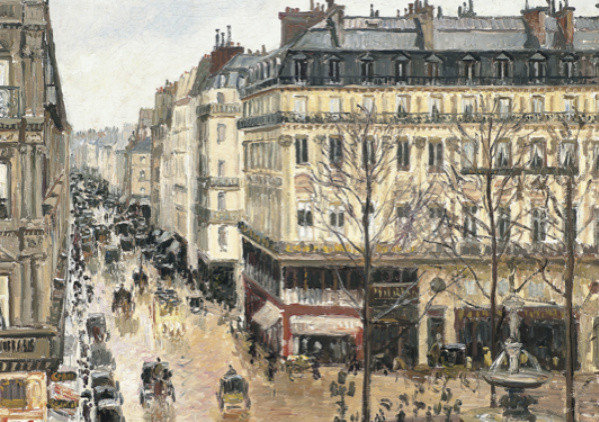The U.S. Court of Appeals for the D.C. Circuit recently dismissed a long-running dispute against Russia concerning the library of the Lubavitcher Rebbe (the Library), a collection of books and papers once held by the then-Rebbe of the Chabad Lubavitch movement. Agudas Chasidei Chabad of United States v. Russian Fed’n, 110 F.4th 242 (D.C. Cir. 2024) (Chabad 2024). Brought under what is known as the expropriation exception, 28 U.S.C. § 1605(a)(3), of the Foreign Sovereign Immunities Act (the FSIA), the case has involved Russia’s withdrawal from the case and default, sanctions of $50,000 per day for non-compliance and a judgment of more than $175 million, a retaliatory embargo on cultural property exchange that continues to this day, and multiple appeals.
In the most recent decision, the court of appeals held that the second element of the expropriation exception (what is known as the commercial nexus requirement) was not met and therefore deprived the court of any jurisdiction. Specifically, the D.C. Circuit held that if the defendant is the foreign state, the expropriation exception may only be invoked if the property is physically present in the United States (which the Rebbe’s library is not). The Supreme Court has declined to review two relatively recent cases that reached the same conclusion, it will bear watching of the plaintiffs seek further review now given a circuit split with the 9th Circuit on the issue.
Read More
Topics:
de Csepel,
Immunity from Seizure,
Foreign Sovereign Immunities Act,
Supreme Court,
Agudas Chasidei Chabad,
Russian Federation,
FSIA,
expropriation exception”,
sovereign immunity,
Russian State Library,
Chabad,
Federal Republic of Germany,
Welfenschatz,
D.C. Circuit,
Federal Republic of Germany v. Philipp,
Simon v. Republic of Hungary,
Lubavitcher Rebbe,
Schubarth,
Judge Randolph,
Brett Kavanaugh,
Judge Griffith
The U.S. Court of Appeals for the 9th Circuit restored last week claims by heirs of Lilly Cassirer against the Thyssen-Bornemisza Collection for the return of the Camille Pissarro painting Rue St. Honoré, après-midi, êffet de pluie.
Read More
Topics:
Nuremberg laws,
Schwabinger Kunstfund,
Cornelius Gurlitt,
Lilly Cassirer,
California Code of Civil Procedure § 338(c),
Dorothy Nelson,
Thyssen-Bornemisza Collection,
Julius Schoeps,
Rue St. Honoré après-midi êffet de pluie,
Claude Cassirer,
Von Saher v. Norton Simon,
de Csepel,
Jacques Goudstikker,
California Code of Civil Procedure § 354.3,
Gurlitt Collection,
Foreign Sovereign Immunities Act,
Hans Sachs,
Von Saher v. Norton Simon Museum of Art at Pasaden,
Madame Soler,
Bundesgerichtshof,
Hildebrand Gurlit,
Entartete Kunst,
Hans-Heinrich Thyssen-Bornemisza,
Hungarian National Gallery,
Nazis,
Munich,
Deutches Historisches Museum,
FSIA,
Preemption,
Gurlitt,
Harry Pregerson,
Restitution,
field preemption,
Marei Von Saher,
Herzog collection,
Bavaria,
Claudia Seger-Thomschitz,
Looted Art,
World War II,
Foreign Sovereign Immunities,
Pinakothek der Moderne,
degenerate art,
Altmann v. Republic of Austria,
578 F.3d 1016,
Freistaat Bayern,
beschlagnahmte Kunst,
Camille Pissarro,
Kim McLane Wardlaw,
Nürnberger Gesetze,
Raubkunst,
Museum of Fine Arts Boston,
Cassirer v. Thyssen-Bornemisza Collection,
verschollene Kunst,
Kunstfund München




